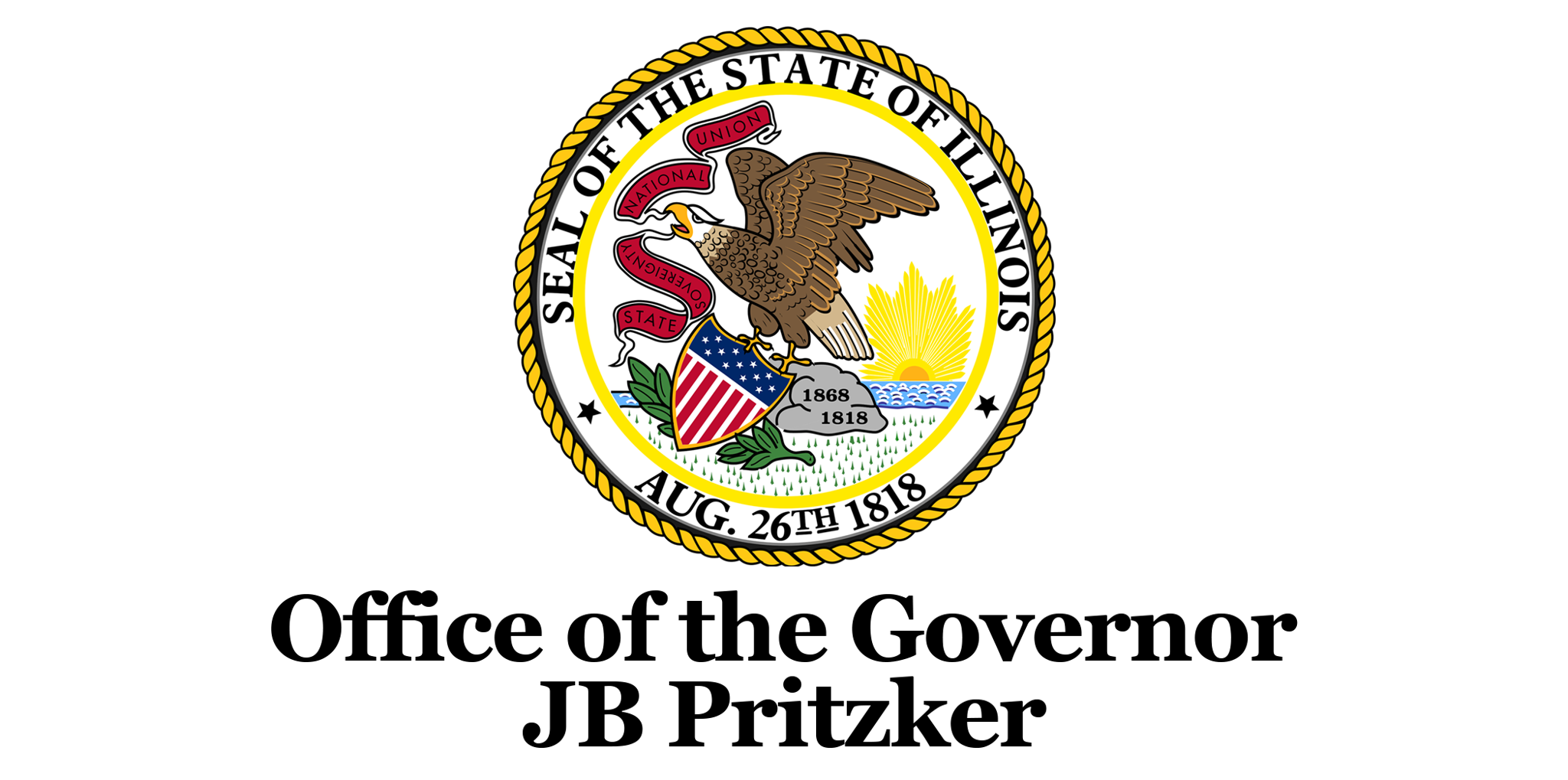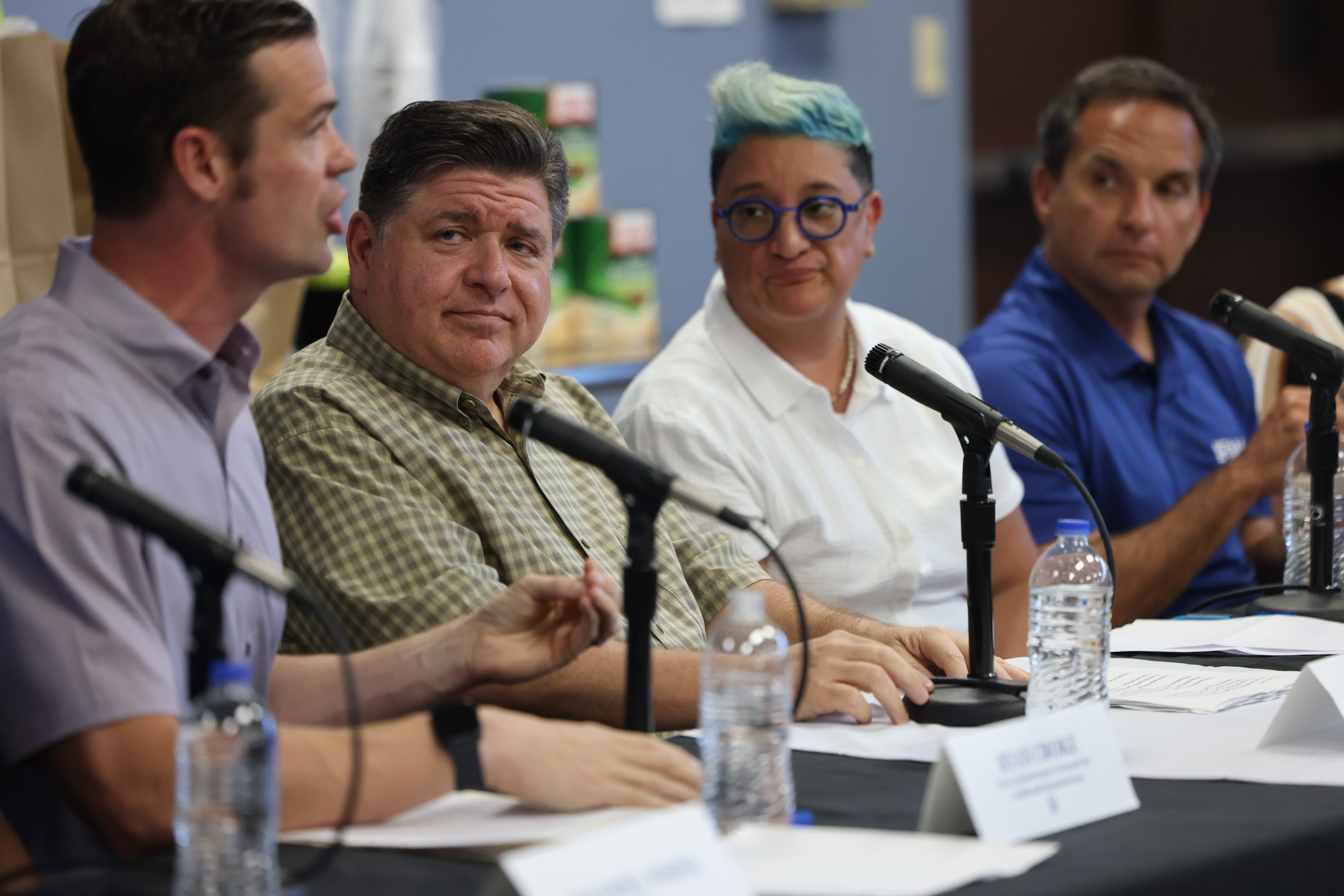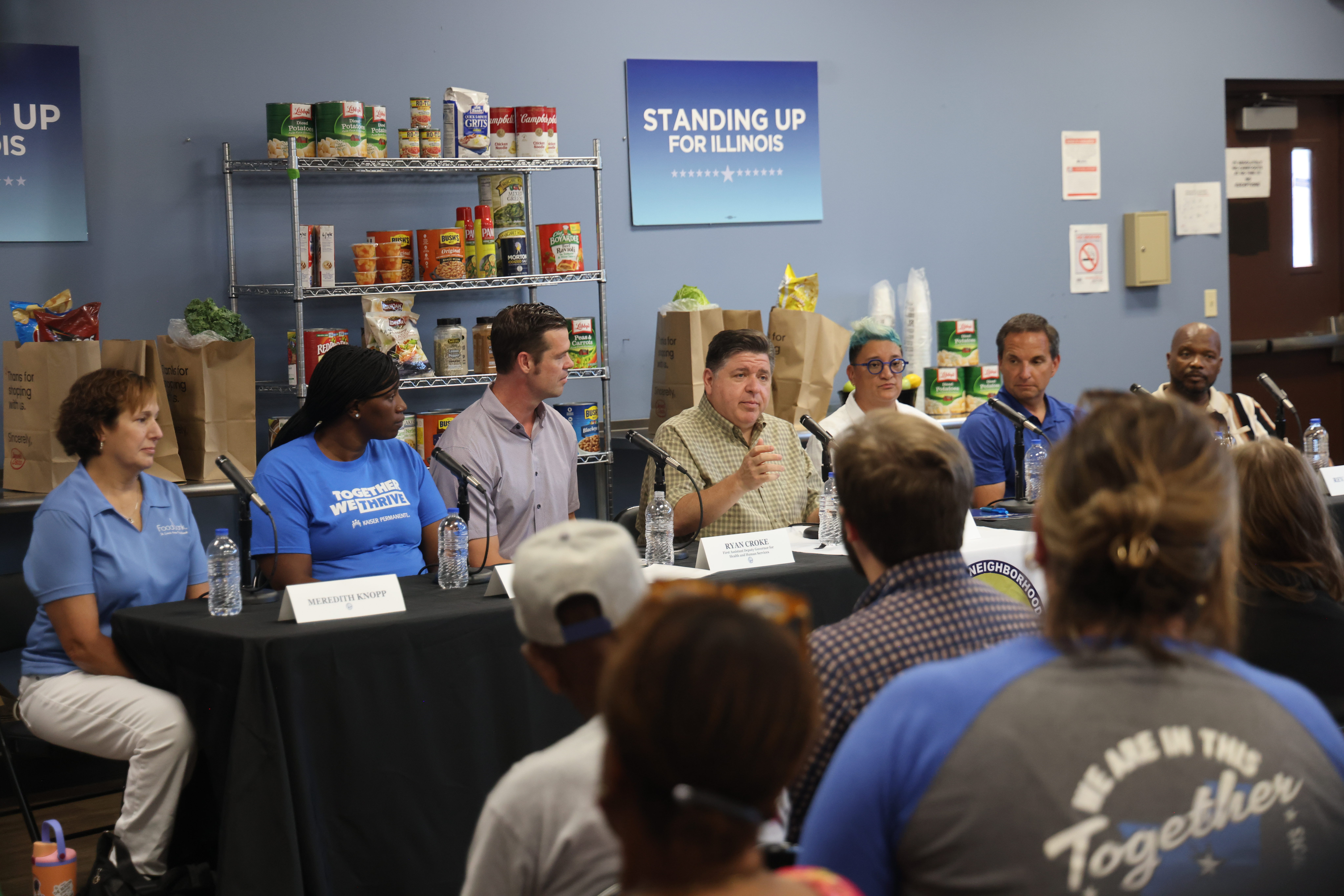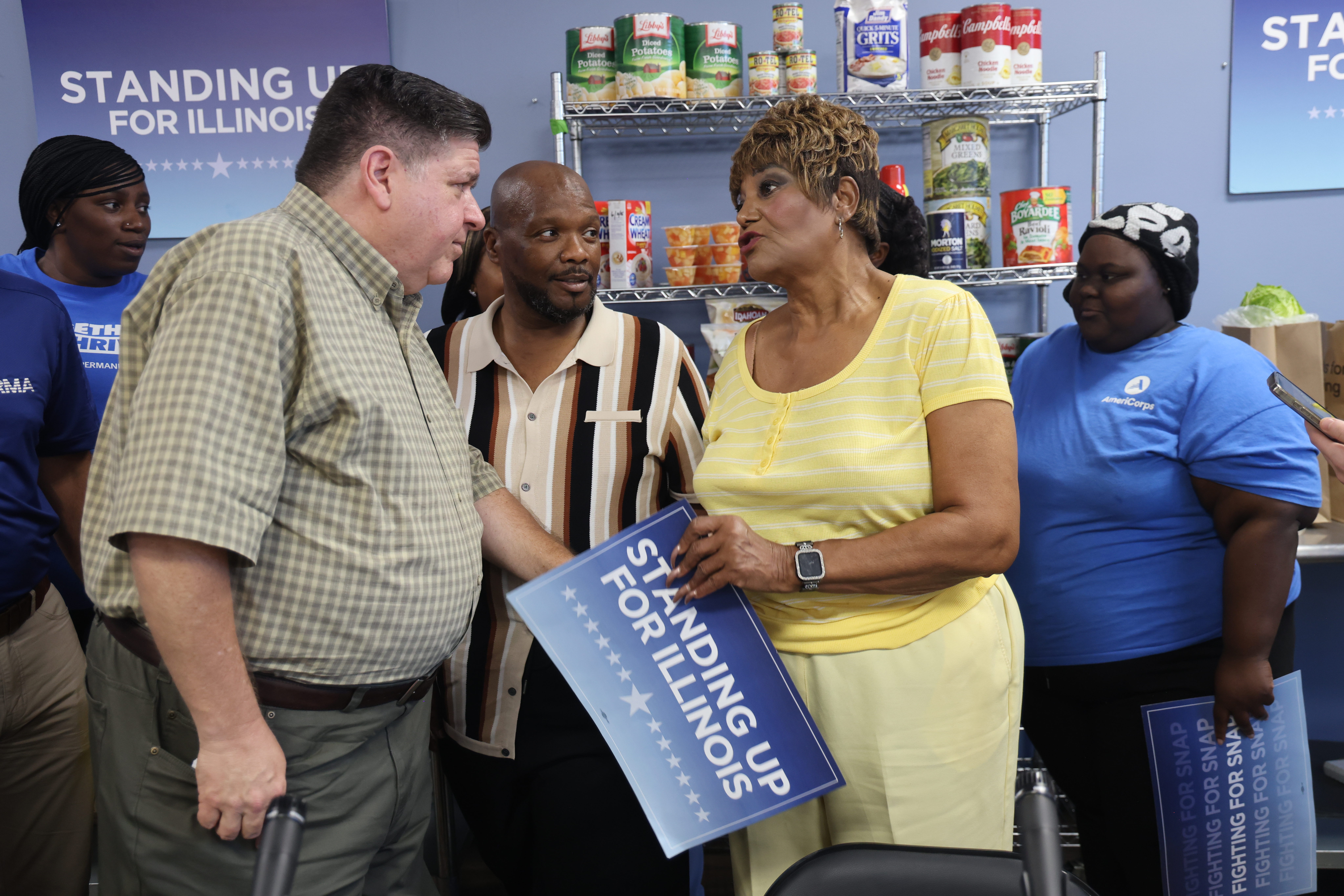Gov. Pritzker and Local Leaders Discuss Impact of Trump’s Food Assistance Cuts
Trump’s budget bill will strip an estimated 360,000 Illinoisans of food assistance through SNAP cuts
July 29, 2025

EAST ST. LOUIS — Today, Governor JB Pritzker joined Illinois Department of Human Services (IDHS) Secretary Dulce Quintero, First Assistant Deputy Governor for Health and Human Services Ryan Croke, and local leaders to discuss how Trump’s draconian budget bill will impact an estimated 360,000 Illinoisans who rely on food assistance through the Supplemental Nutrition Assistance Program (SNAP). In addition to stripping the most vulnerable Illinoisans of food assistance, Trump’s bill also jeopardizes jobs, hurts grocery stores, and harms local economies. Since the program’s inception, SNAP benefits have been 100 percent federally funded.
“During a time when many American families are already struggling, food assistance programs such as SNAP are more essential than ever,” said Governor JB Pritzker. “Under the veneer of ‘cost savings,’ the Trump Administration is slashing benefits and threatening the well-being of hundreds of thousands of Illinoisans, putting their health and welfare at risk. Our state deserves better.”
At the Lessie Bates Davis Neighborhood House—a social services organization that has served residents of East St. Louis for more than 100 years—Governor Pritzker engaged with community members who rely on SNAP and food banks for affordable, nutritious food. The roundtable discussion shed light on the extreme federal spending bill that will have devastating consequences for SNAP recipients. Over 1.9 million Illinois residents use SNAP benefits, and new Trump work and eligibility requirements proposed would put food assistance for at least 360,000 recipients at risk—including children, older adults, veterans, and people with disabilities. Nearly 1 in 5 Illinois SNAP recipients are at risk of losing food benefits.
In addition to being an essential program for families in every county, SNAP also creates economic growth and employment opportunities in communities across the state. SNAP supports more than 18,000 jobs in Illinois grocery stores and supporting industries such as agriculture, manufacturing, and transportation. Together, these jobs generate nearly $1 billion in wages, annually.
As part of the bill, for the first time in the program’s 60-year history, the federal government will require the majority of states to fund a portion of SNAP benefits, potentially costing Illinois more than $700 million. Implementing and administering these changes is projected to cost Illinois an additional $100 million.
“We stand with communities across the state who are already doing everything they can to make ends meet. Stripping critical support from families, seniors, and people with disabilities doesn’t solve problems–it deepens them,” said IDHS Secretary Dulce M. Quintero. “We will continue to push for policies that affirm dignity, expand opportunity, and keep our communities fed.”
Governor Pritzker is committed to fighting poverty in Illinois. In 2023, he launched the Illinois Grocery Initiative, a program aimed at addressing food deserts across the state. In May, Gov. Pritzker announced another round of grant recipients, assisting local governments and independent grocery stores in rural and underserved areas. Earlier this year, the Governor joined members of Illinois’ Congressional delegation in the Standing Up for Illinois Tour, a concentrated effort to raise awareness about the significant cuts to essential services and resources due to proposed policy changes from the Trump Administration’s punitive budget bill.
Governor Pritzker will continue standing up for all families in Illinois by defending the state against the dangerous policy choices that would force them to go hungry.




###